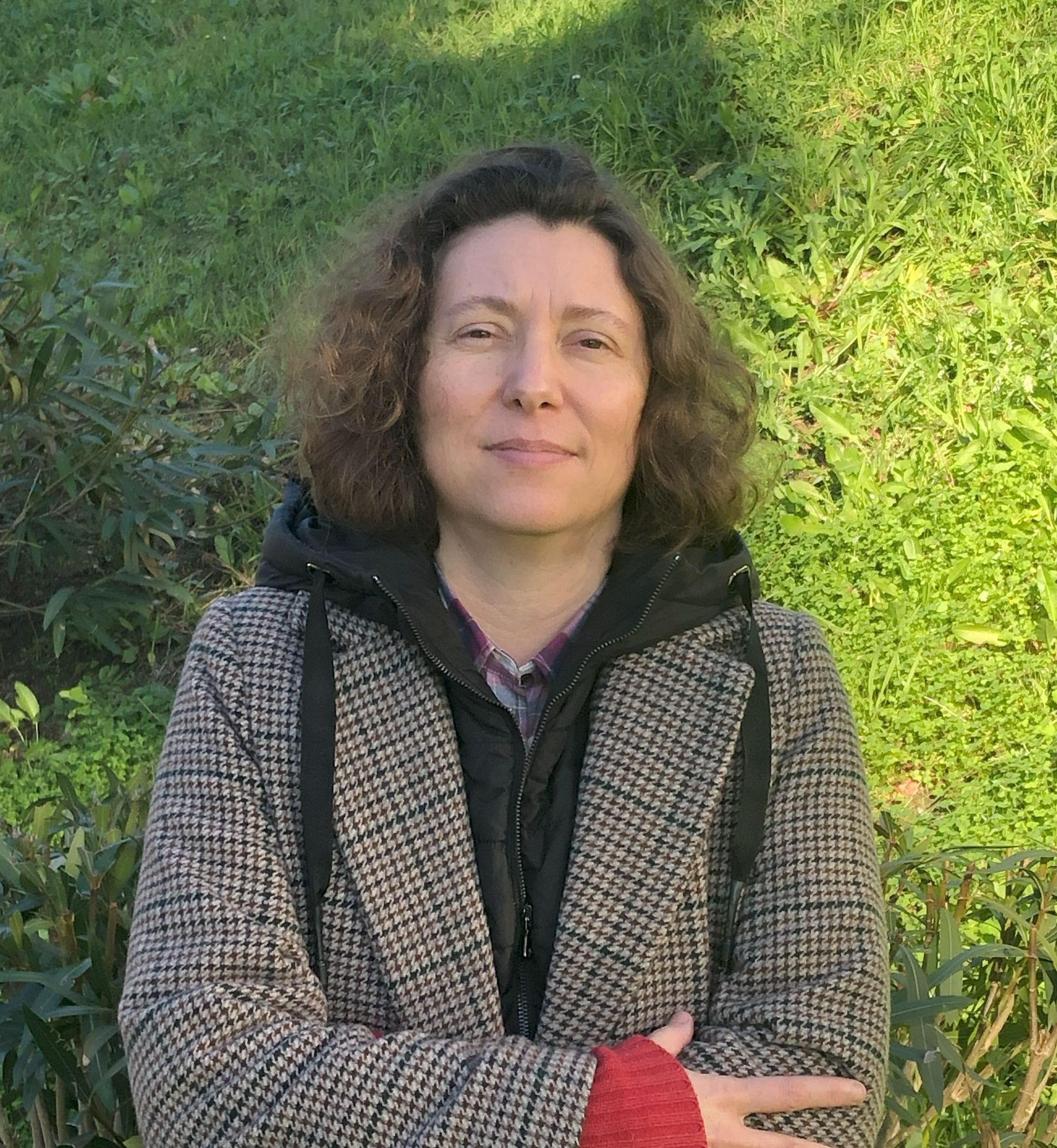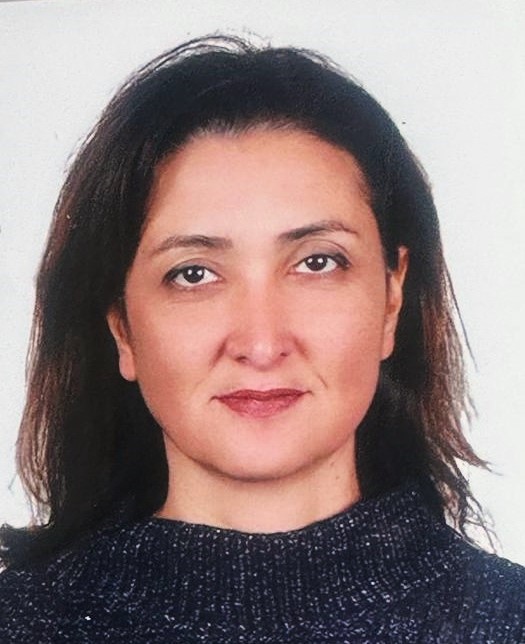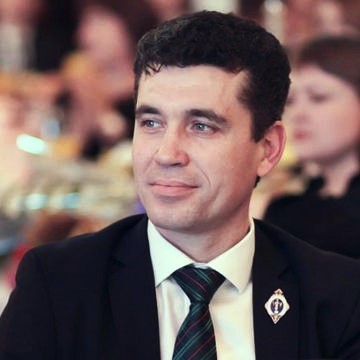Sobre o projeto
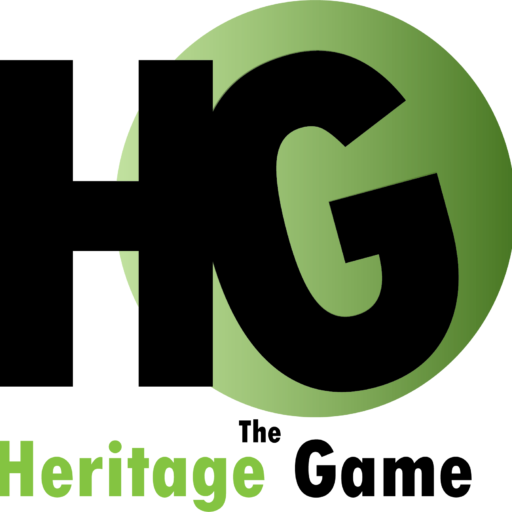
HERITAGE GAME is an international project funded under the Erasmus+ Programme (2023-1-PT01-KA220-HED-000154261)
The HERITAGE GAME project is an European initiative, focused on exploring gamification strategies for community-based heritage work across Europe, especially in low-density areas. It is an Erasmus+ project led by the Polytechnic University of Tomar, through TECHN&ART, and composed of seven European universities, starting in October 2023 and ending in September 2026. It aims to promote community and civic engagement, to create an operational framework and gamification tools, to foster partnerships and mutual learning, and to disseminate the benefits of gamification in heritage work. HERITAGE GAME uses an action research methodology divided into three phases: the collection of case studies of community-based projects, the analysis, comparative study and development of a enhancement model, and finally the implementation in the different territories. The target groups include communities in low density areas, university students, academic communities and heritage professionals and stakeholders. The expected outcomes include scientific publications, the creation of a replicable gamification model, the development of a mobile application using gamification and the establishment of community relationships in the partner countries.
Although at an early stage of development, HERITAGE GAME stands out as an innovative project both for its focus on community-based heritage practice and for its exploration of the potential of gamification as a tool for community-based heritage work. In the face of technological, social, and post-pandemic changes, the project aims to shift the cultural paradigm and promote a more inclusive
and democratic approach to heritage conservation.
Project Objectives
1) To foster community and civic engagement and democratic participation in the sphere of cultural heritage in low density
territories;
2) To create an operable framework and provide tools regarding gamification strategies and techniques for community- based/led heritage work;
3) To foster partnerships and mutual practice-oriented learning between local communities, academics, and university
students;
4) To disseminate the benefits of gamification and community-based approaches in Heritage.
Project Implementation Activities
1) Identifying, selecting and analysing examples of best practices in community-based gamification strategies for cultural
heritage in low-density territories;
2) Developing a replicable and scalable gamification model for similar contexts and purposes to the best practice examples;
3) Developing an accessible gamification tool (app) for community-led/oriented heritage work;
4) Establishing community coalitions in all 7 countries for the development of community-based gamification solutions.
Projected Outcomes
1) A summary study on best practices regarding the application of gamification in community-led/based heritage work,
specifically in low-density territories;
2) A gamification manual of strategies, tools and techniques;
3) A community-oriented digital application for gamification strategies;
4) A series of dissemination events regarding gamification and community-based heritage work;
5) Community-led solutions to local heritage contexts in the participating communities of all 7 countries.
Project partners
HERITAGE GAME is developed within the KreativEU European University Alliance.
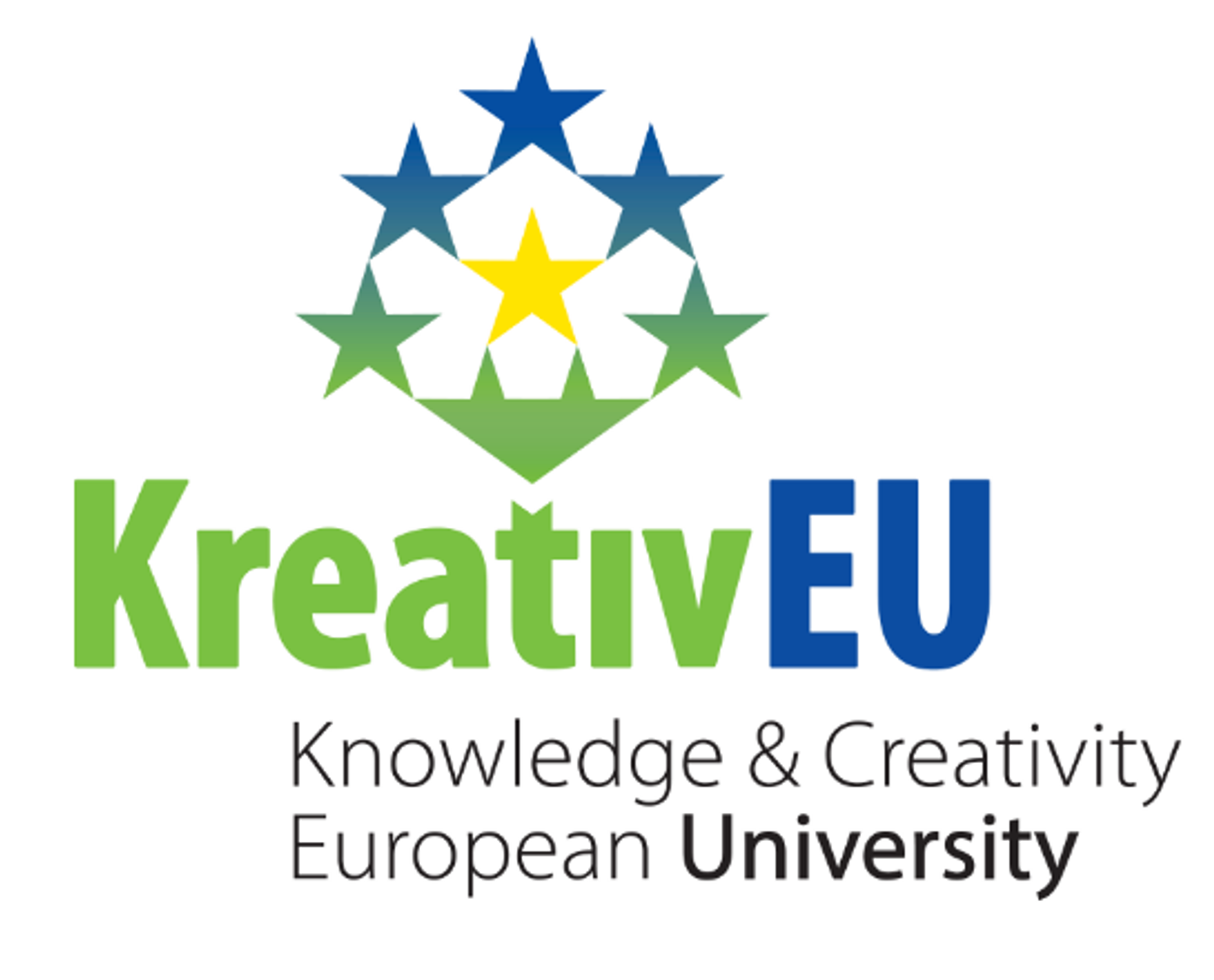
Among the consortium, the participating institutions are:
Polytechnic University of Tomar (IPT, Portugal) - Lead partner
D. A. Tsenov Academy of Economics (TAE, Bulgaria)
University of South Bohemia in České Budějovice (USB, Czechia)
University of Camerino (UNICAM, Italy)
Valahia University of Targoviste (VUT, Romania)
Trnava University (TUT, Slovakia)
Adana Alparslan Türkeş Science and Technology University (ATU, Turkey)
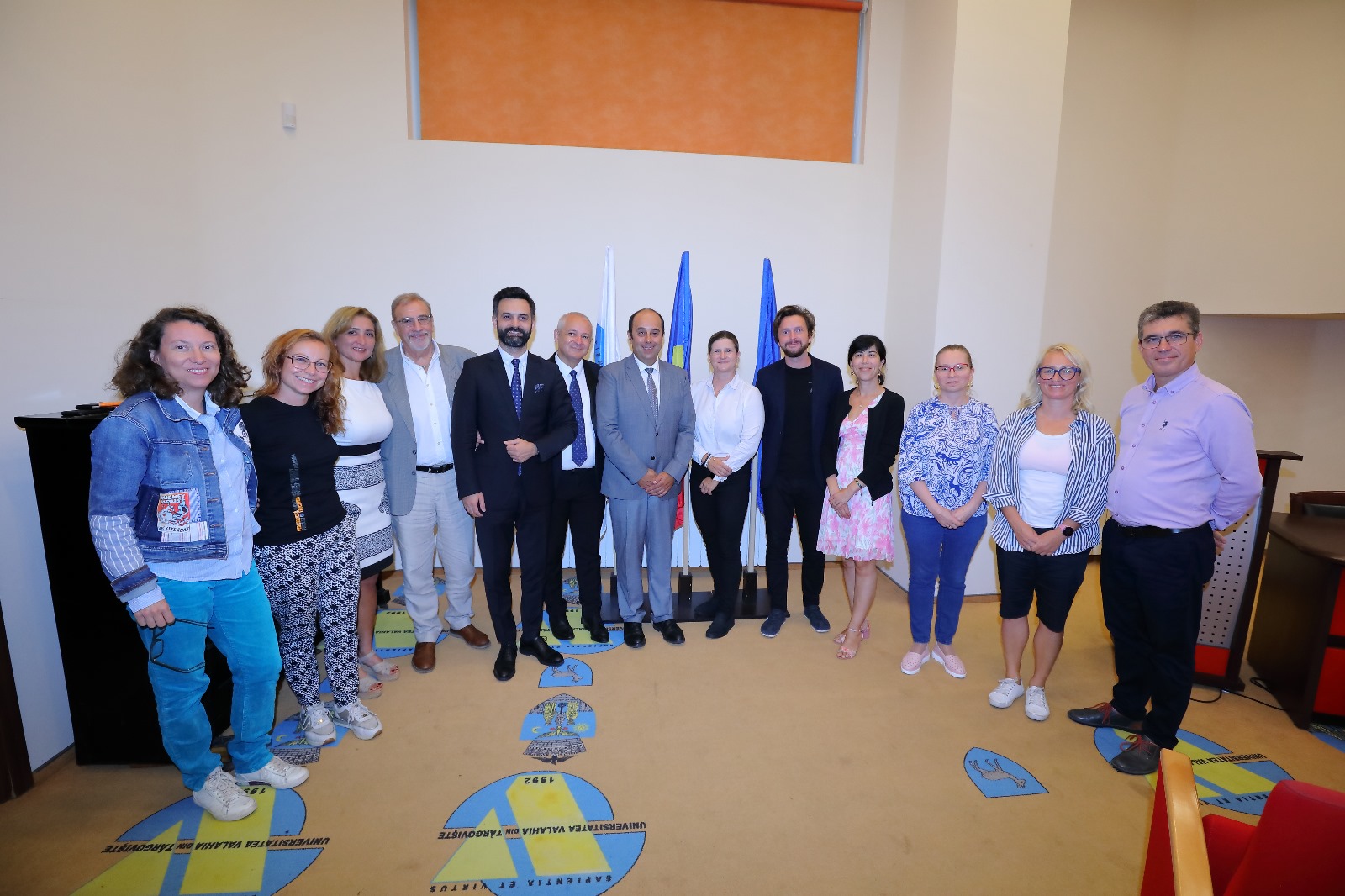
Project Meeting in Târgoviște, Romania. 12.09.2024

